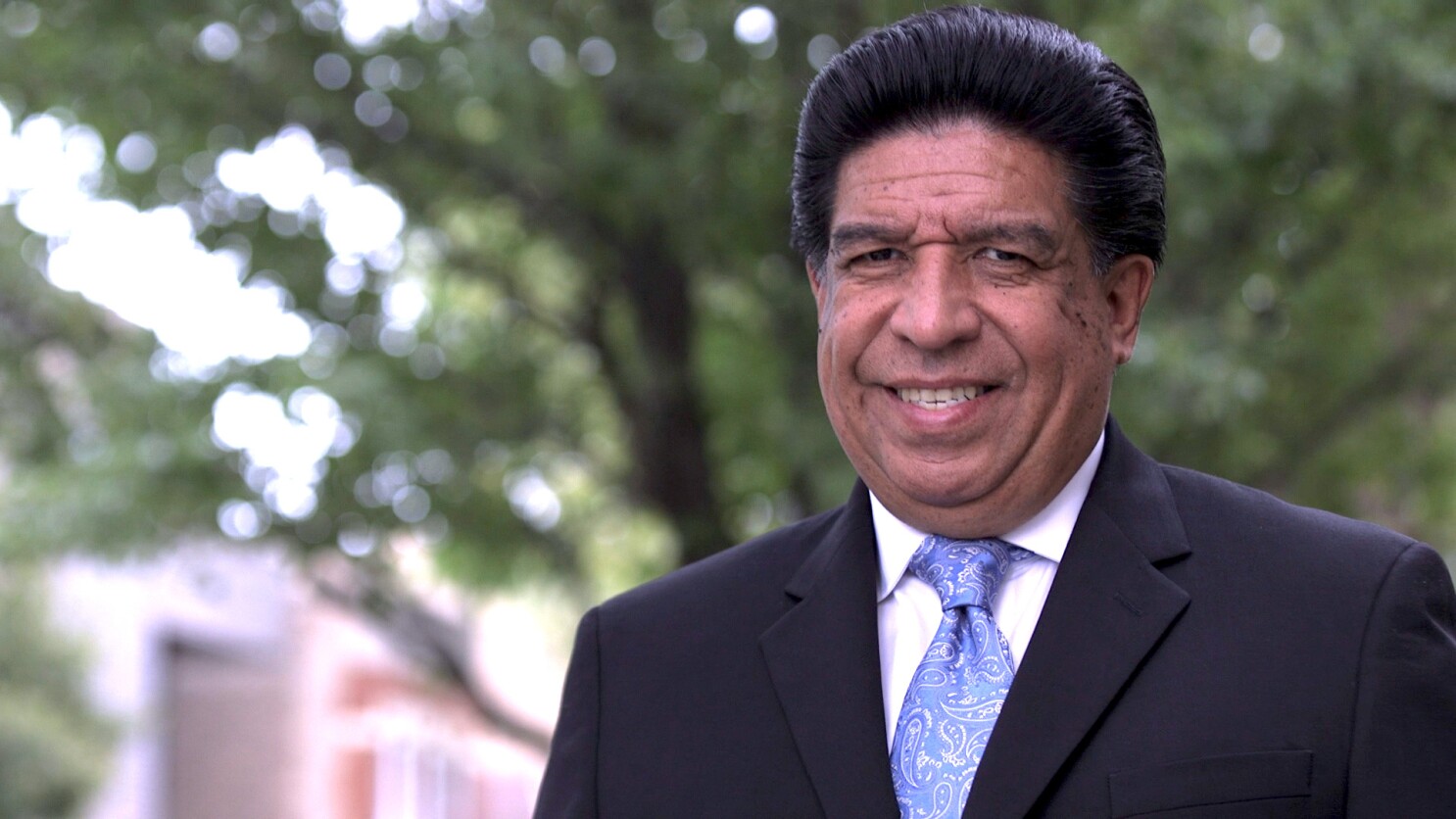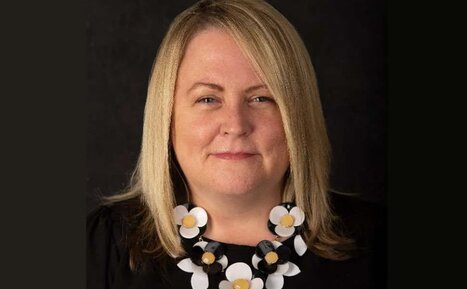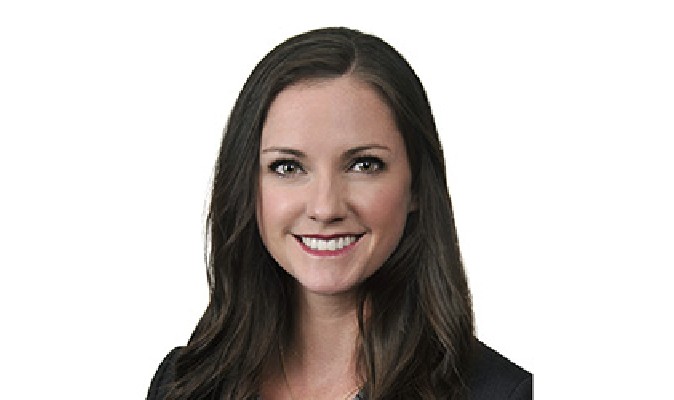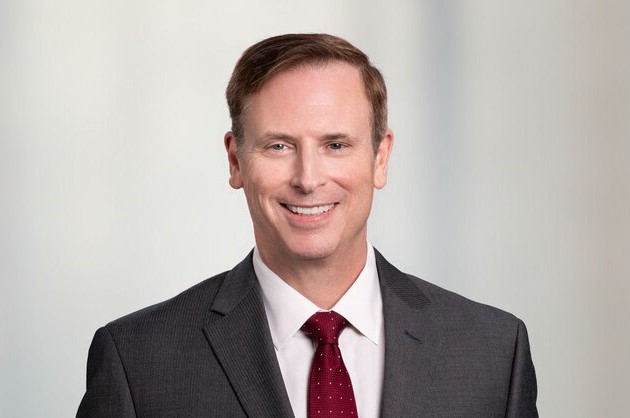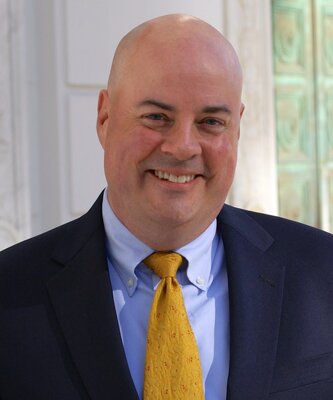Justice Jesse G. Reyes is Running for the Illinois Supreme Court
Justice Jesse G. Reyes of the Illinois Appellate Court (1st District) is running for the Illinois Supreme Court 2024 bench!
Justice Reyes gave an enthralling presentation at our program, Preserving the Trial Record for Appeal in Illinois Civil Cases. Justice Reyes has been overwhelmingly praised for his extraordinary insight into the legal system. He has been a pillar of the community and a member of the judiciary since 1997, serving both as an associate and elected judge of the Circuit Court of Cook County. In 2012, Justice Reyes became the first Latino to be elected to the Illinois Appellate Court.
Raised in humble beginnings in Chicago’s Pilsen and Bridgeport neighborhoods, Justice Reyes aspired to be a lawyer for as long as he could remember. Justice Reyes’s intellect and ambition are bolstered by his voracious appetite for reading books and sharing stories with his vast associations.
Justice Reyes is a recipient of several awards for distinguished service to the bench and bar including the Justice John Paul Stevens Award by the Chicago Bar Association, the Charles E. Freeman Judicial Merit Award by the Decalogue Society of Lawyers, and the Vanguard Award by the Hispanic Lawyers Association of Illinois.
The primary election will occur on March 19, 2024. Go vote! There is no one more qualified and dedicated to public service than Justice Jesse G. Reyes!

